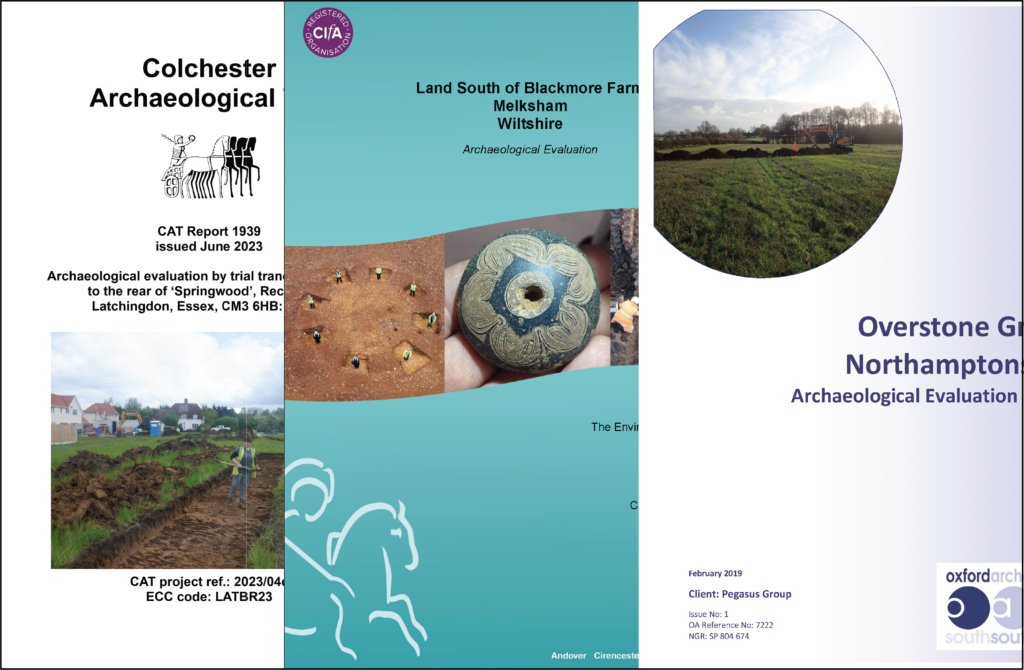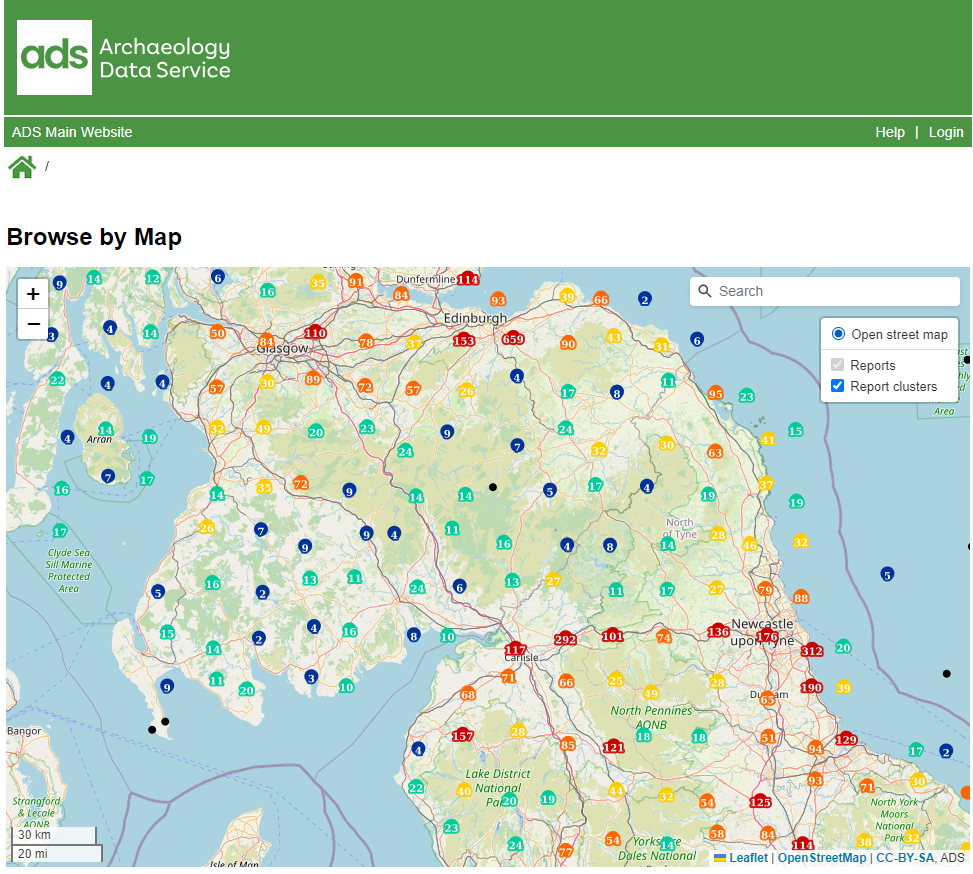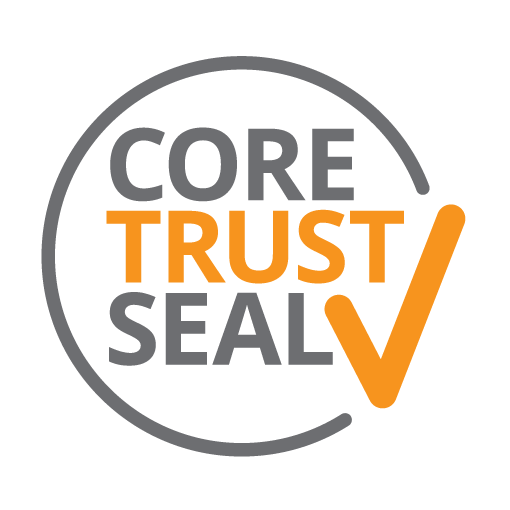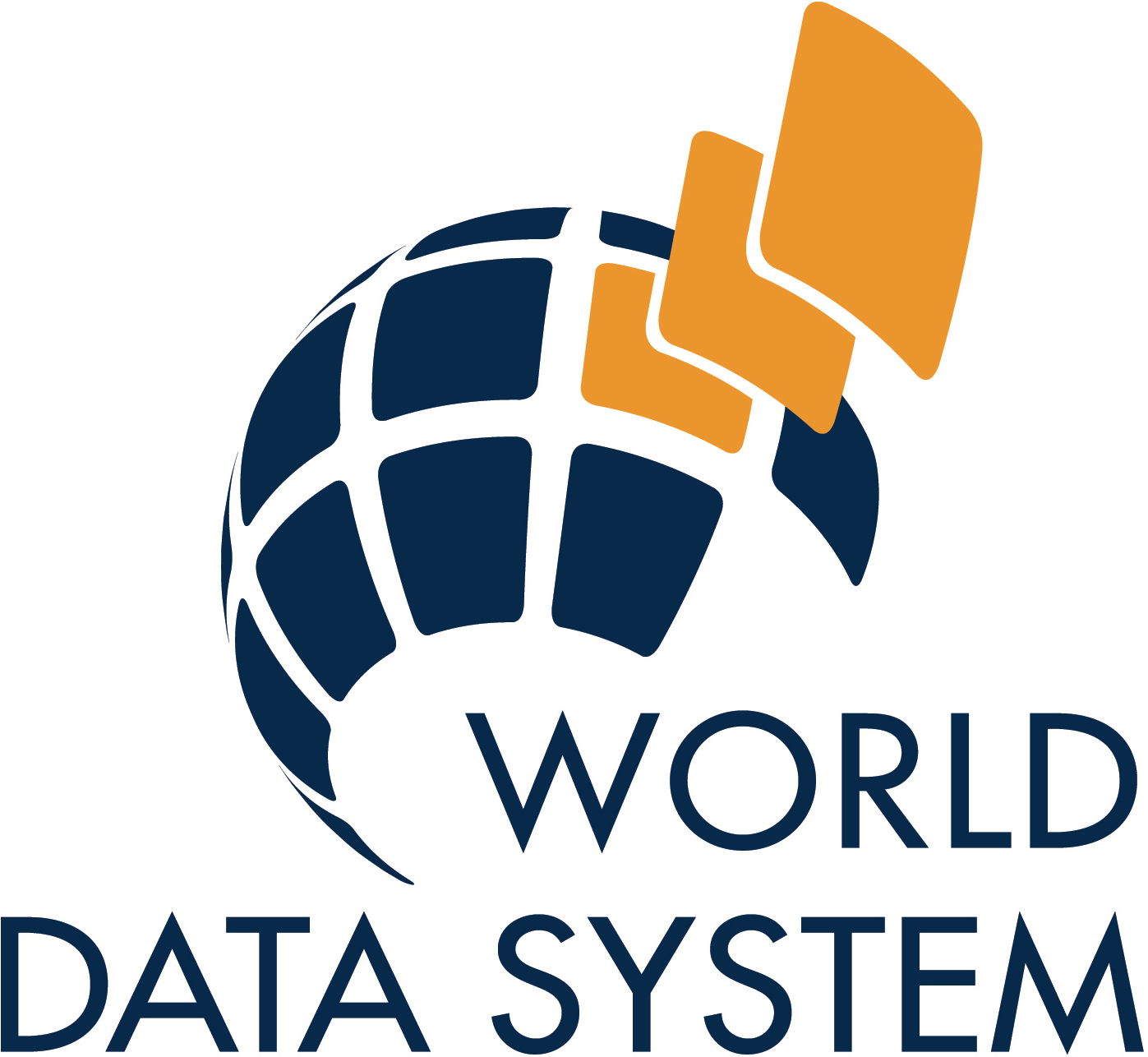The redesign of the ADS website includes a dedicated ‘Help and Guidance’ section that amalgamates all of the detailed information and instructions that the ADS produces and updates on a regular basis. We listened to our users who found it difficult to navigate the guidance pages on the old website and we have reorganised this guidance and stored it in a single location. Below are a few highlights of sections that you may be familiar with (albeit new and improved) as well as some new resources.
Our resources can help a wide range of user groups – check out below for a list of guides selected for you!
ADS depositors
- Data management -The detailed guidance on data management for data creators, produced by the ADS for all types of archaeological projects.
- Instruction for Depositors (formerly the Guidelines for Depositors) – This section details the requirements for depositing data with the ADS. These instructions have been redesigned to clarify our requirements and includes metadata templates, as well as licensing and costing information.
- ADS-easy instructions for use – A step by step guide to how to deposit small and medium sized datasets online using the ADS-easy system.
- Guides to Good Practice (G2GP) – These long running guides provide information on the best way to create, manage, and document digital material produced during the course of an archaeological project. The aim of the G2GPs is to explore key considerations in digital archiving of different data types.
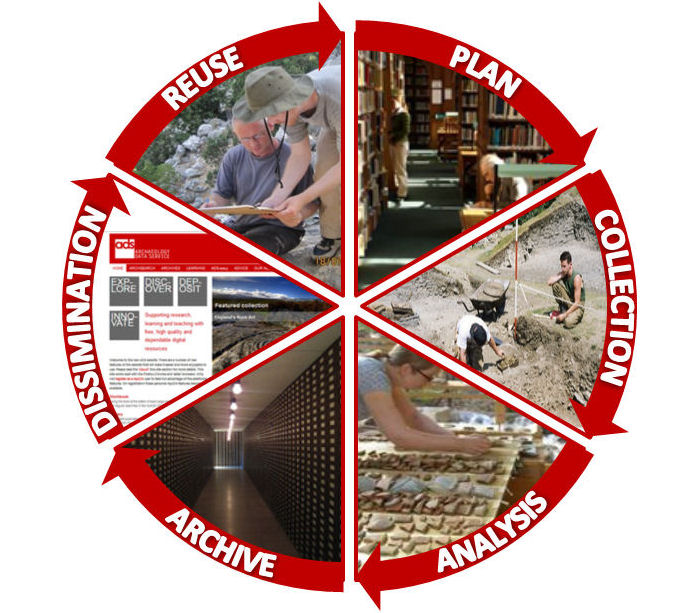
New to archiving or the ADS?
- FAQs – The Frequently asked Questions page! The comprehensive guide to how to use ADS resources including the ADS library, archives and ADS-easy.
- CPD training – Information about the Continuing Professional Development courses that we offer, including a few examples of past courses. Keep an eye on the News and Events pages for upcoming events, or email us if you are interested in attending a course in the future and we’ll add you to our mailing list.
- Glossary – where to go when you need a definition for some of the technical terms or acronyms used on the ADS website (See anything that is missing? Please send us an email)
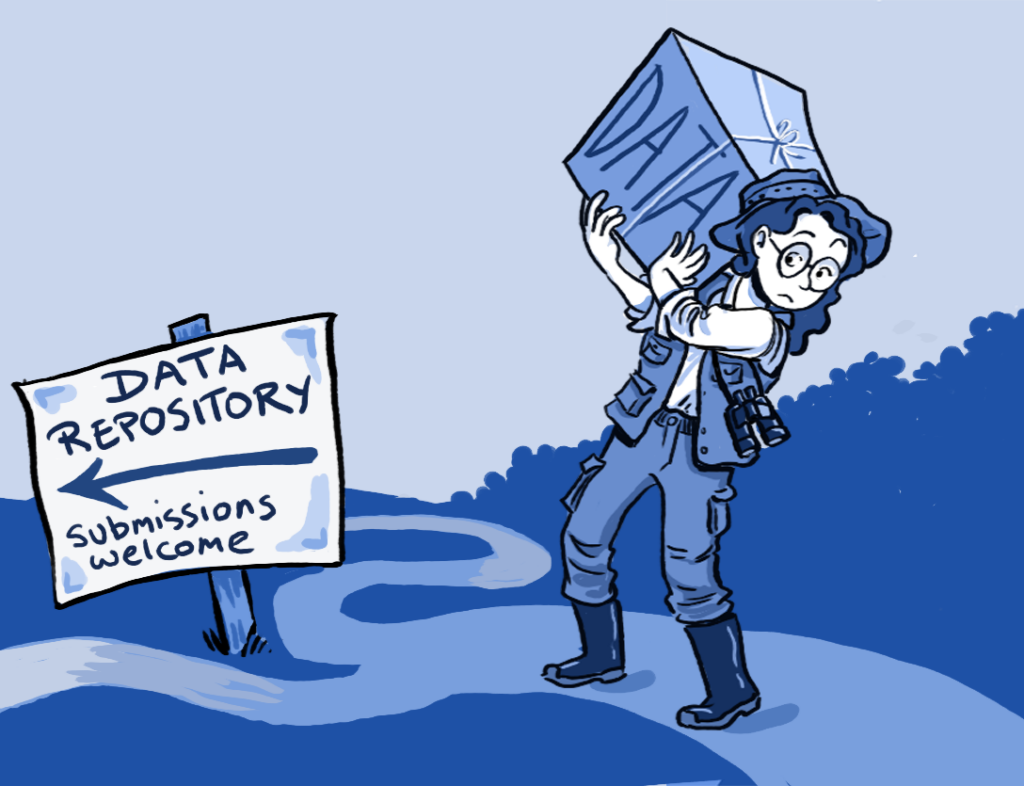
Academic researchers
- Advice for grant applicants – The ADS is the preferred data repository for a series of project funders including UKRI and the NLHF. Up to date information about the requirements for grant applicants for AHRC, NERC and NLHF funding can be found here. Is your grant not listed? Get in touch via email and we can provide more information.
Primary and Secondary education teachers
- Teaching resources – Find out more about the variety of archives that we hold that can be used to learn about the past. These high quality resources are suitable for both primary and secondary education.
Historic Environment Record Officers
- Advice for HER uploads to the Heritage Gateway – If you are interested in including your HER data in Heritage Gateway (and ArchSearch) then find out more about the process here. This includes details about what the process includes, the costs involved and who to contact to get started.
Open Archaeology enthusiasts
- Data access and reuse – All ADS resources are available open access to facilitate reuse by the heritage sector and wider community. Find out more about how we accomplish this through our commitment to FAIR data, copyright and the use of Digital Object Identifiers (DOIs).
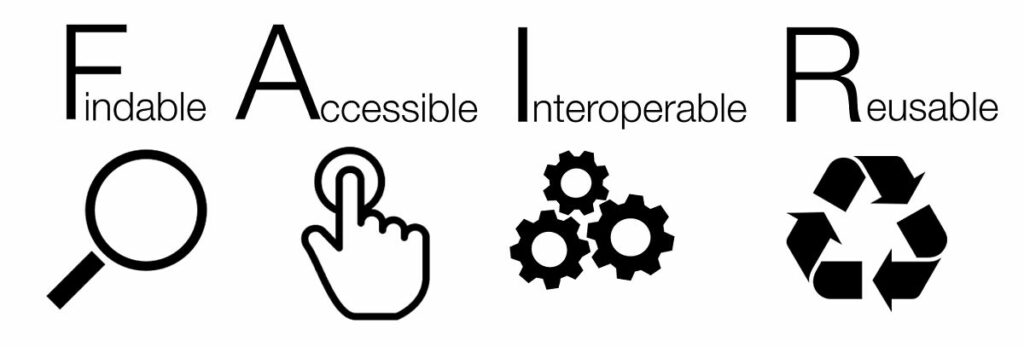
Thoughts?
As always we at the ADS are looking for ways to improve our resources and the information that we provide. If you’ve had a look around this new section of the website and have any thoughts or comments then we would be interested in hearing from you. Please get in touch with us at help@archaeologydataservice.co.uk

